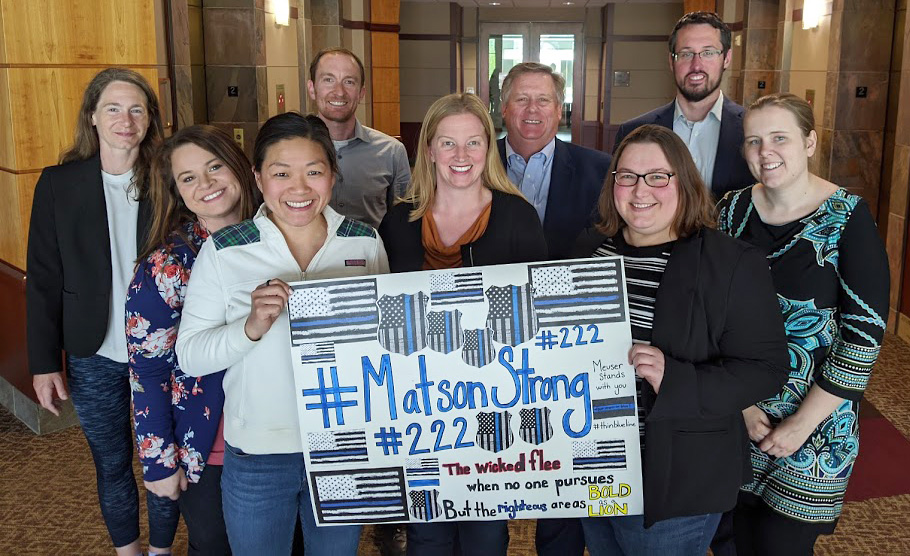
Whatever the injury or illness, the road to recovery rarely follows a straight line. Whether you sustain a back injury requiring surgery, or you are struggling with symptoms of post-traumatic stress disorder (PTSD), the recovery process is personal to you and will depend on the type and severity of the injury (or injuries) you sustained. This is especially true for catastrophic injuries and those that involve multiple body systems.
Throughout the recovery process, it is important to have a treatment plan and a support system – but it is also important to maintain hope. Hope is a powerful state of mind. Hope reminds us all that there are better days ahead and gives us the inner strength we need to keep going.
When you have sustained a work injury, you will undoubtedly have a lot of questions that can distract you from focusing on your recovery. As workers’ compensation attorneys, we often hear questions like: What if I cannot pay my medical bills? What if I do not make a full recovery? What if I can’t work as a police officer anymore?
When you have these questions, it is important to tap into the collective wisdom of the law enforcement community and trusted advisors who have been there before. Left unanswered, these questions can interfere with your ability to focus on getting better and can erode your hope.
Every injury is different, and every person is different, so there is not one right answer to these questions. But, having helped hundreds of police officers and first responders who have been injured in the line of duty navigate the workers’ compensation system, we can assure you that even if you have suffered a catastrophic injury, there is reason to be hopeful.
Workers’ compensation provides many benefits including medical benefits, wage-loss benefits, permanency, and vocational rehabilitation. There are also benefits available through PERA/MSRS and healthcare continuation benefits available through Minnesota Statutes section 299A.465.
The benefit that I would like to focus on is vocational rehabilitation. Vocational rehabilitation is a service provided to injured workers who are going through the recovery process. If you have an admitted workers’ compensation claim, a qualified rehabilitation consultant (QRC) will be assigned to your case to assist at medical appointments and keep your medical care moving forward, leading to a return to work.
Sometimes, a police officer can return to work in law enforcement after they recover from their injury or illness. Other times, this is not possible. If you cannot return to work in law enforcement, a QRC can help you navigate that process and help you discover “what’s next” in your career path. A QRC will help you identify your career interests and unique strengths, develop job seeking skills, and find job leads.
QRC Angie Hunter from O’Hara & Hunter Consulting says, “We are here to instill hope, understanding of the process, support, and bring back the ability to choose a pathway that is right for the injured worker and their family since this doesn’t affect just the injured individual.”
Endings can often be difficult, but they can also be hopeful. Many of our clients have found new careers outside of law enforcement that they love, including working in loss prevention for Fortune 500 companies, working as a security consultant for a private company, or founding a non-profit organization that provides hope to others in their community, like Jake LaFerriere has done with Firefighters for Healing
Wherever your path to recovery leads you, know that you are not alone, that there are others who can help you along the way, and that there is hope for a bright future ahead.
